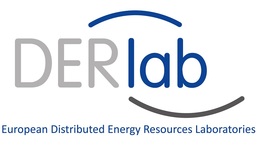NREL researchers found a winning combination of materials to create a high-efficiency solar cell: a bottom layer of gallium arsenide and a top layer of gallium indium phosphide, the first practical III-V solar cell (referring to columns in the periodic table).
With each layer capturing a different part of the solar spectrum, NREL pushes the boundaries with four and five-junction cells, reaching 45.7% solar conversion efficiency. Superefficient, lightweight solar cells based on this discovery have powered satellites and the Mars rovers.
More information here.
NREL aiming for Superefficient Solar

